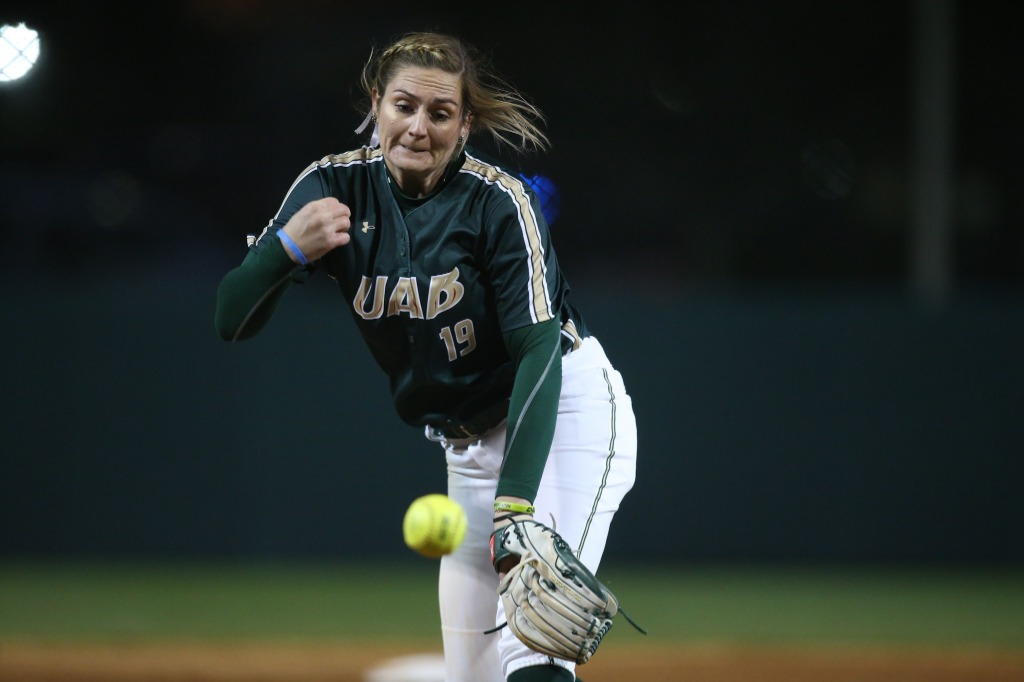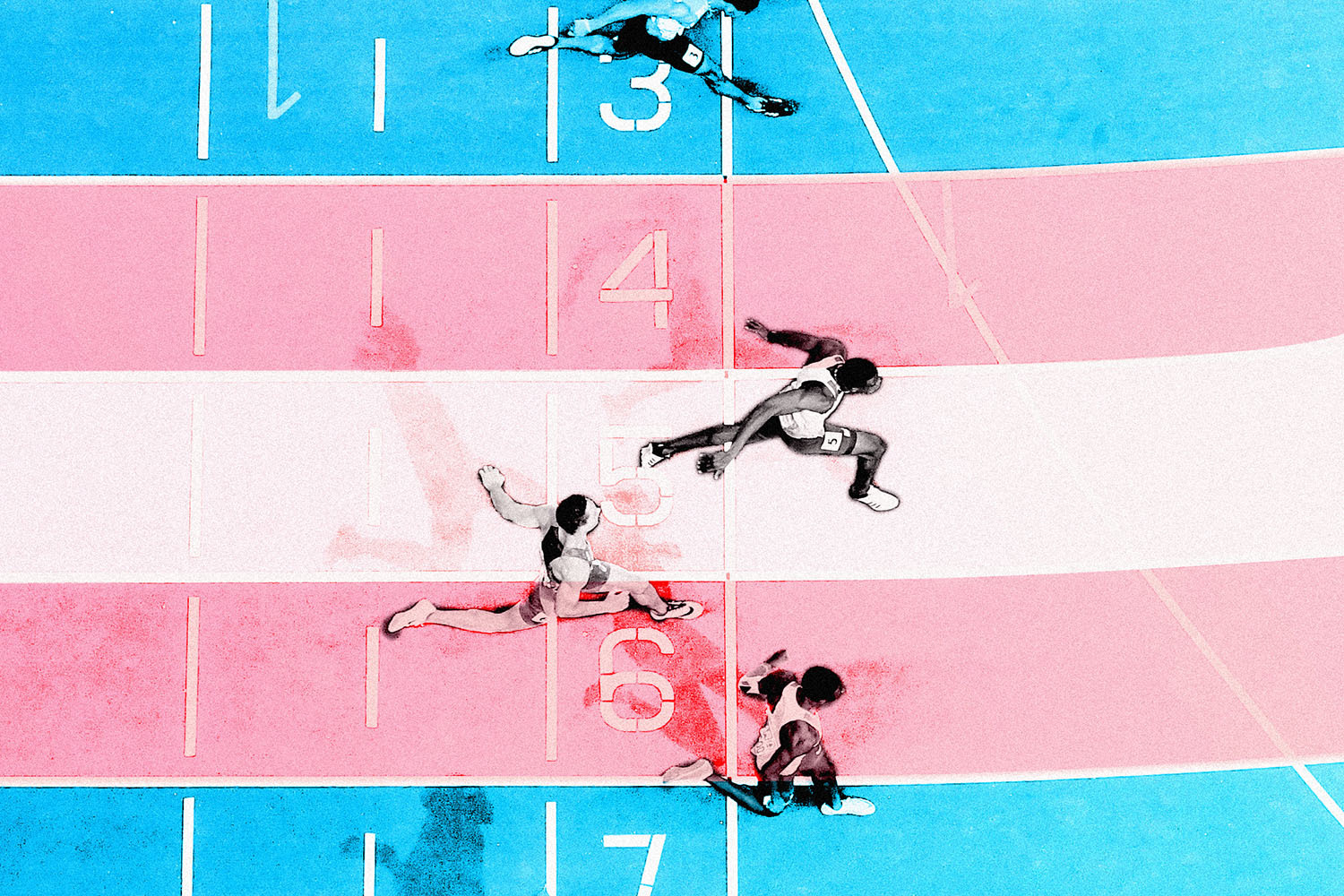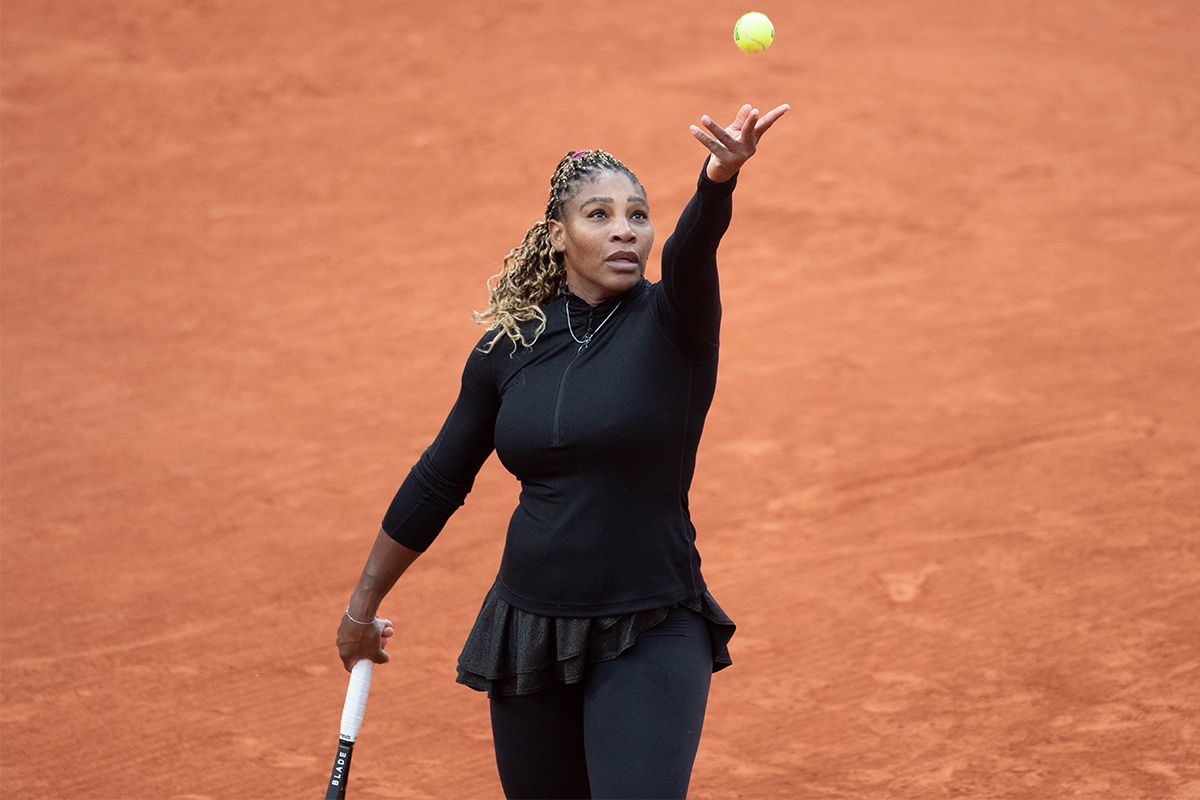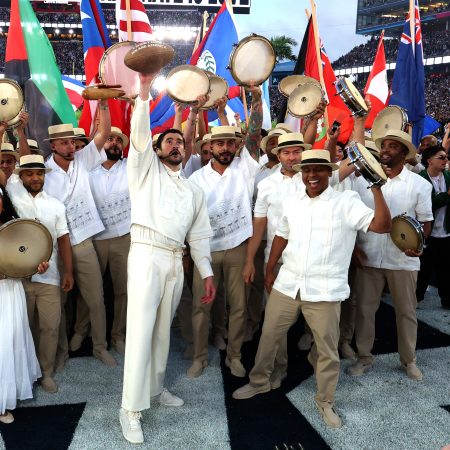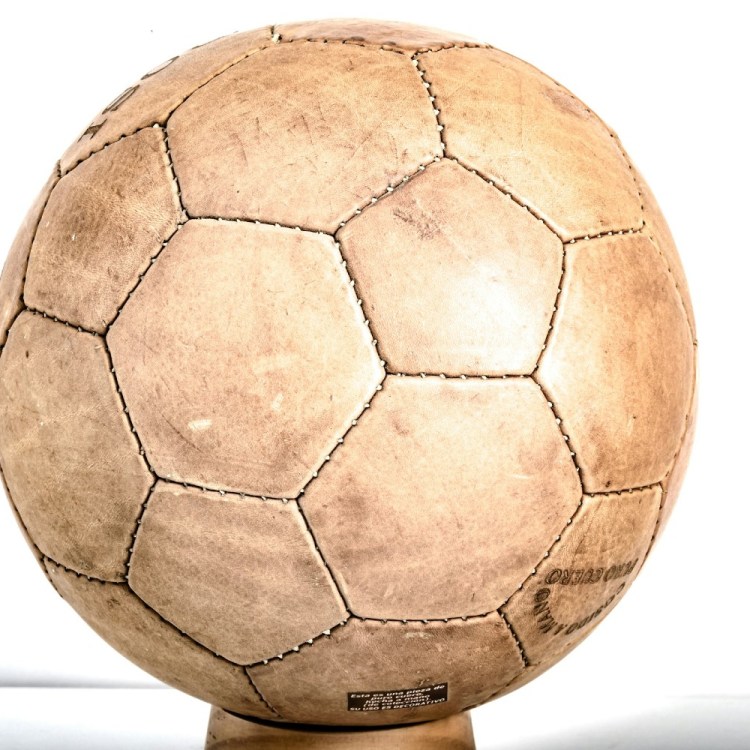To celebrate the fact that the University of Alabama at Birmingham’s Blazers softball team is about to kick off its season, local news channel WVTM 13 sent its sports reporter Ryan Hennessy to chat with some players and coaches about their goals and expectations for the coming year. That’s all well and good, but the piece concluded with Hennessy — clad in khakis, no less — standing in against some of the team’s toughest pitchers to see just how good they actually are.
“We heard UAB softball kicking off next week,” he says. “I decided to see how good they really are, going up against one of their top pitchers.”
As one might expect, this did not go over very well online, as many people — including former Division 1 softball team captain for Fordham University and current editor for Softball America and Baseball America Kayla Lombardo — pointed out how sexist and insulting it is to pit an elite female athlete against some random schlub in street clothes to prove they’re actually good. (Naturally, it’s light work for the Blazers’ pitcher, and Hennessy whiffs, but not before boasting, “That was a good hack though, right?” and asking the catcher if she ever gets scared behind the plate. What?)
It seems that, in this case at least, the swift online backlash worked: WVTM 13 and UAB Softball have both since deleted tweets in which they promoted the video, and there’s no trace of it on Hennessy’s account either.
The video is just the latest example of the way female athletes are condescended to or viewed as a novelty. “It’s frustrating because women are constantly called upon to defend their abilities — whether in sports or almost any other field — to men,” Lombardo tells InsideHook.
This particular case — hacky local news bro vs. an elite athlete hurling the equivalent of a 95 or 100 mph fastball — is especially glaring, but it also calls to mind similar stunts in which softball stars were pitted against current or former MLB pros, like when Jennie Finch struck out Albert Pujols or faced off with Barry Bonds, or when Mark DeRosa took a few cuts against Olympic silver medalist Monica Abbott on the MLB Network. They may be less overtly offensive because they at least put professionals against professionals, but they’re still patronizing, especially when the male athletes milk their reactions and act absolutely dumbfounded by the prowess of … other professional athletes.
“Of course women athletes who have spent most of their lives honing their craft and are good enough to play at elite levels should not need the experience of men encountering their talent to validate its existence,” Lombardo says. “But that’s what these types of videos imply, even if these messages are just subliminal.”
Sadly, female athletes learn from a young age that they’re going to constantly have to fight to prove themselves to male skeptics. I certainly would not consider myself to be an “athlete” these days, but I still have the T-shirt my high-school softball team had printed that reads, “Ain’t Nothing ‘Soft’ About It” somewhere. Even at a much lower level of play, we knew we had to preemptively defend ourselves against condescension.
“When I played Division 1 softball, I didn’t pay much attention to the negative opinions people had about my sport,” Lombardo says. “I knew how hard it was to play softball at a high level, and anyone who couldn’t see that didn’t really understand the sport. Unfortunately, I think it will take a seismic shift in the way society at large views women and their roles in the world for things to change. The current views of women are so ingrained that people don’t even recognize them as sexist, which is the most troubling part of it all. We still have a long way to go.”
The Charge will help you move better, think clearer and stay in the game longer. Subscribe to our wellness newsletter today.
